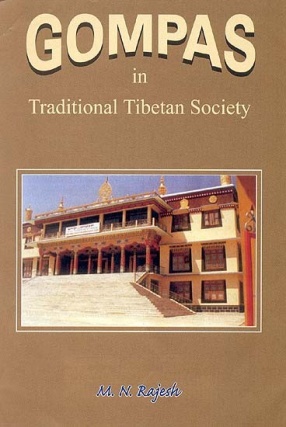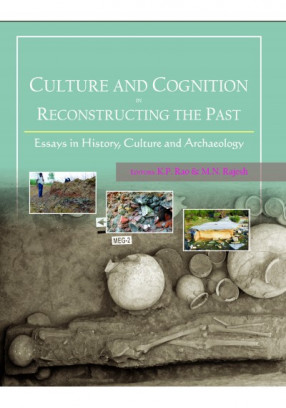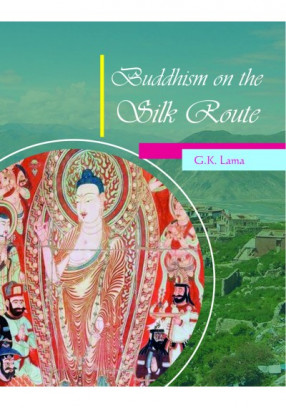Gompas in Traditional Tibetan Society
The importance of the gompa or the Buddhist monastery in Tibetan history cannot be overemphasized: it was the institution that enabled continuity of Buddhism in Tibetan history by performing multifarious functions and institutionalizing the theory of Buddhism so that it could transcend time and space. Here, a scholar in religious studies, Dr. M. N. Rajesh examines the gompas of Tibet from a holistic perspective, focusing largely on its organizational and functional aspects.
The book begins with a survey of the gompas' Indian origins, viewing the mahaviharas as a prototype of the gompas, and studies contextualization of the gompas in Tibet wherein is described its relation with the superstructure the society. Consulting many old works and some rare manuscripts, the work analyzes the working of the monasteries their hierarchy, rules and rituals, role of the lamas, office of the abbot and other positions of authority, and recruitment and initiation of novices. It also elaborates the contributions of the gompas at different levels socio-economic and political which helped pre-modern Tibet to achieve a high degree of development over the centuries. It takes up for detailed scrutiny services rendered by the gompas in the field of Indic Studies astronomy, astrology and medicine, and in education and art & architecture.
Get it now and save 10%
BECOME A MEMBER










Bibliographic information